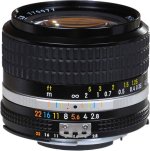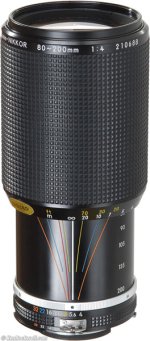[FONT="]Filters may reduce the amount of light entering the lens, but this does not necessarily mean that it results in a larger aperture, thereby reducing DOF. The light loss can be compensated for by using a slower shutter speed. So a filter, in and of itself, does not effect DOF. In the example that the original poster asked, no, using a neutral density, or polarizing filter would not change the effective aperture from 1.4 to 2.8 for purposes of the DOF chart. In fact, the opposite would be true in the sense that if by using an ND or polarizing filter, the aperture was opened to compensate for the light loss, the DOF would be reduced. However, just as easily the shutter speed could be adjusted to compensate for the light loss caused by the ND or polarizing filter so therefore the light loss, and consequentially, the filter itself does not have any effect on DOF.
[/FONT]


